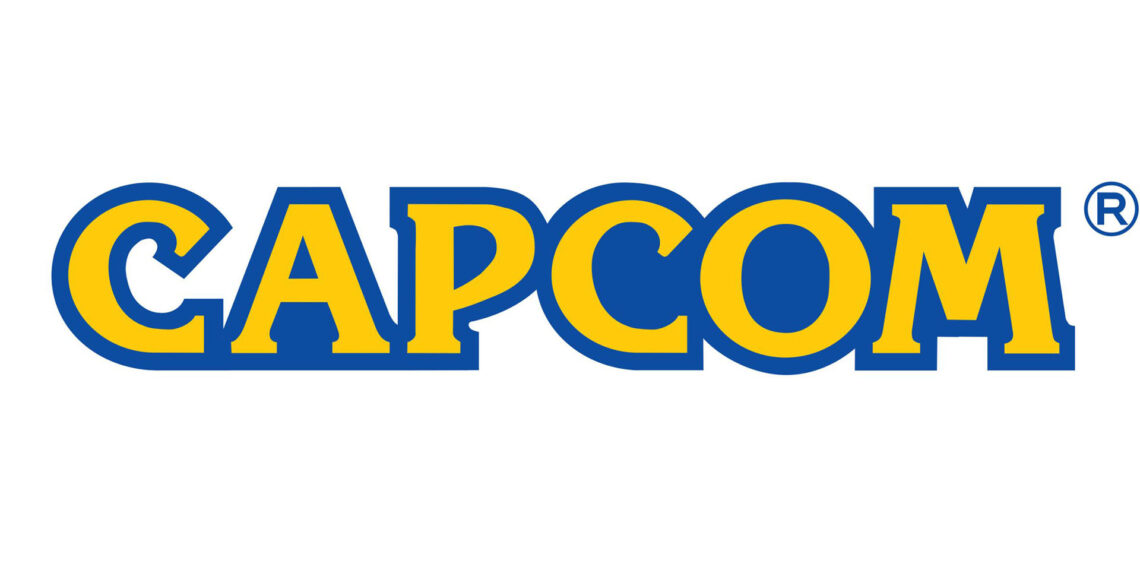Today Capcom has published the transcript of a Q&A session hosted during the company’s 45th Ordinary General Meeting of Shareholders, providing some interesting details about its business.
In response to a question on what the company is doing to increase the ratio of female managers (one female candidate has been presented for external director but all internal directors are male), we read that Capcom picks “director candidates who are able to oversee management of the company and offer appropriate advice, while considering the skills and characteristics required in accordance with the management strategy, and the balance of each individual’s career history, insight, and experience.”
We also read that currently 21.2% of Capcom’s employees are female and 13.6% of what the company defines as “core talent” is female. They’re aiming to increase the percentage of female managers to 15%. Capcom expects to “see more female directors by broadening its scope and increasing the ratio of female managers.”
Speaking of Capcom’s annual operating profit growth, we hear that it’s driven by global expansion and digital sales, on top of the strength of the company’s development facilities and IPs.
Capcom is outfitted with world-class, cutting-edge development facilities and owns a wealth of globally popular IPs. We continue to strive for ongoing operating profit growth, and will increase the number of Consumer game unit sales by promoting global expansion and digital sales via enhanced digital marketing.
The company adds that selling games digitally allows them to enact different pricing strategies as and lòeverage discounts on past series titles in conjunction with the launch of new releases.
Due to this, sales of older games like Resident Evil 7 Biohazard and Monster Hunter: World continue to grow despite the fact that they were released several years ago.
Capcom also maintains a 5-year development map that enables it to effectively time new releases, leading to lower volatility.
This has led us to think that the game industry overall has shifted to one of low volatility due to a change in our business model, via which we can continue to sell games over the long term as the ratio of digital title sales increases.
Despite the fact that digital sales are driving growth, Capcom doesn’t expect to eliminate physical games, as there’s still a significant number of users that demands them.
We also hear about the REX Engine, which is the successor of the proprietary RE Engine. The aim is to achieve photo-real graphics.
We are updating development with the aim of improving efficiency and achieving photo-real graphics technology. We hope you look forward to future announcements regarding specific titles.
In response to a question about Dragon’s Dogma 2, Capcom reminds that it sold 2.6 million units by March 31, 2024, and the company is “overall satisfied with its performance.” The game is also expected to contribute to sales during the current fiscal year.
Another question was about the lack of a Nintendo Switch version for the upcoming Monster Hunter: Wilds, with Capcom explaining the decision.
One concept we’ve incorporated into this title is aiming to portray the maximum of the world of Monster Hunter by utilizing the latest technology to its limit. To that end, the platforms capable of realizing that concept are currently the PlayStation 5, Xbox Series X|S, and PC.
Fans of the Mega-Man franchise will be happy to know that Capcom has their interests in mind.
Mega Man is one of our highly-valued IPs and we are considering how to create games for it on an ongoing basis.
We then read that Capcom is Investing strategically in movies and TV show as a source of growth and to introduce its IPs. Funnily, the 1994 Street Fighter movie is still earning quite a lot of money for the company.
We currently sell our content in 235 different countries and regions worldwide. We are strategically investing in movies and television shows as a source of long-term growth because we believe them to be effective as a way to introduce the appeal of our IPs and the fun of games to people who have never played games before.
The self-financed Street Fighter movie that we released in 1994 still earns tens of millions of yen each year even today. Self-producing projects will be necessary in order for our Media business to be profitable, and as such we are currently working to establish the human resources and system for that.
Continued investment in esports was also mentioned, while the company is aiming to “reignite a fighting game boom.”
One thing is for sure: that performance of Jean-Claude Van Damme as Guile was certainly something.












